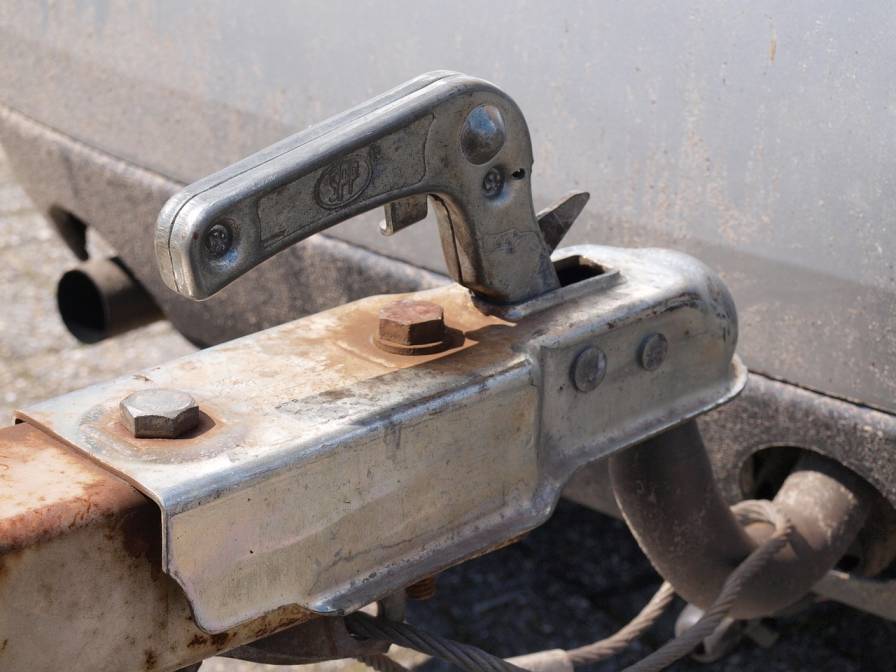Hitching is an extremely important part of any vehicle owner’s life if they want to spend time offroad or move their own belongings. Whether you’re new to hitches, or you aren’t sold on one or the other: this is everything you need to know about pintle and ball hitches, and which might be the best for you.
Why Your Hitch Matters
Your hitch matters because it informs how much you can drag behind your vehicle and what types of trailers you can drag. Everyone’s needs are different; the kind of hitch you need can vary wildly based on what types of roads you live by, how often you tow things, and how much weight you need to pull every time you tow.
A poor hitch decision could leave you with too tight a space between the hitch and the coupler, allowing it to crack or break- or too much space, allowing your cargo to swing wildly and become a hazard to everyone in traffic.
The Good of the Pintle Hitch
The average pintle hitch is stronger and can handle more torque, shifting, and weight than the average ball hitch. These are ideal for heavy-duty towing jobs and are more common in areas where farming and other agricultural, military, and industrial towing may be needed. Some pintle hitches can handle over 20,000 pounds, so don’t be shy about looking for one that can take what you need.
The Good of the Ball Hitch
Ball hitches are the more common of these two types of hitches. With a ball hitch your trailer’s couple will sit over the trailer ball that sits on the back of your vehicle’s rear bumper via the ball mount. This allows a tight towing experience and cuts out a lot of the space needed between your care and the item you’re towing behind you. These are most commonly used for boat trailers and smaller trailers for recreational purposes.
The Cons of the Pintle Hitch
Although the pintle hitch is easier to hook up, they’re noisier because of the loose fit and can be less reliable for predicting how your cargo will react when turning or driving on any busy roads. If you’re not used to driving with them, this can be nerve-racking.
The Cons of the Ball Hitch
The ball hitch can’t take on nearly as much cargo and often has an extremely limited amount of space between your vehicle and the trailer you’re towing. This can be hazardous if it’s extremely heavy because it’ll complicate turns and can risk your hitch breaking altogether so that you lose or damage whatever you were towing.
How You Tow Matters
When we tow items that can be anything from inexpensive small trailers to extremely expensive farm equipment and boats, so you must get a hitch that can handle what you need it to operate. Consider going over some of these pros and cons, and figure out which hitch will work the best for your specific needs! If your mind changes, you can always swap it out.
